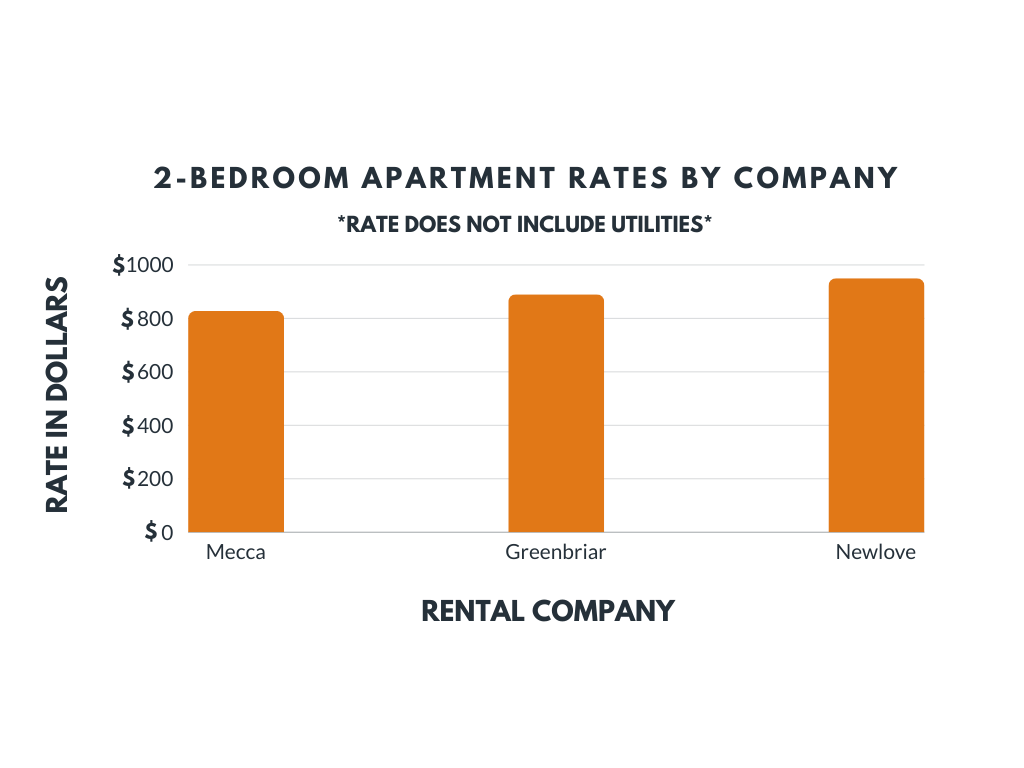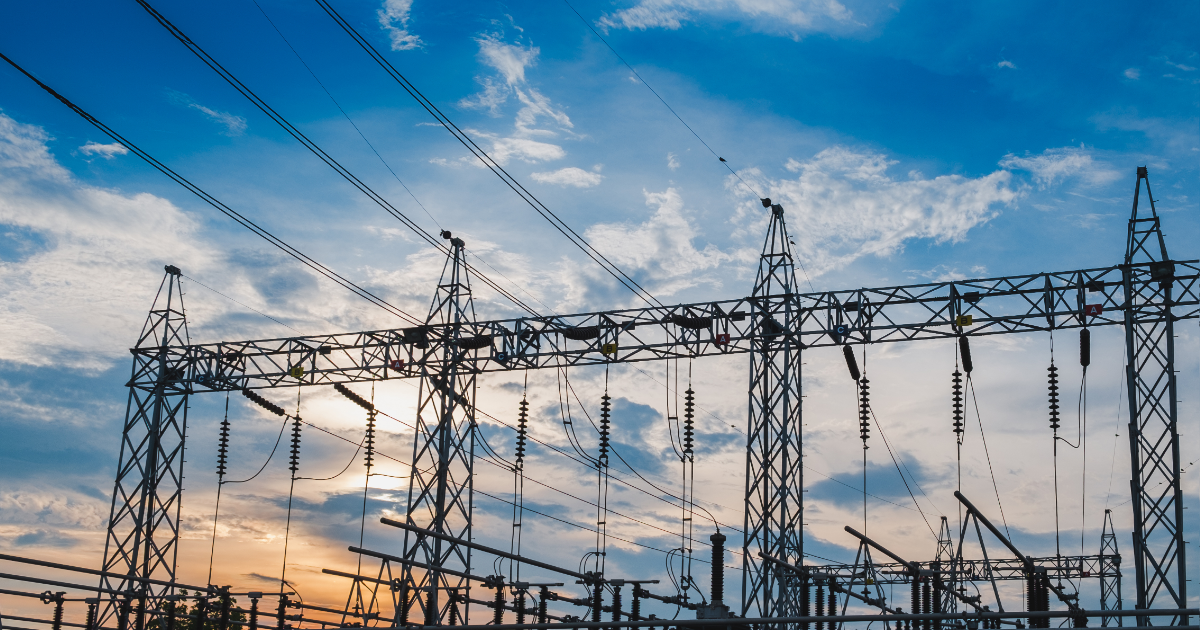In early February, Gov. John Kasich attempted to produce a reform package that would lower individual income taxes on the tobacco business while increasing taxes on the oil and natural gas industry.
Kasich tried to pass similar legislation in March of 2014, but when administration was attempting to push it through the Ohio Senate, it was tabled. Cleveland.com reported in early February that Kasich is again attempting to raise a severance tax on fracking; however, this time with an increase from the original 2.75 percent to 6.5 percent.
Severance tax occurs when non-renewable resources are extracted from respective locations within a taxing jurisdiction.
Within Kasich’s budget plan, this new tax raise will bring $260 million of revenue over the next two years.
Kasich and his administration are planning to give 20 percent of the state’s severance tax to go to local governments in eastern Ohio, where there is a flux of energy companies that are horizontal drilling and fracking. He is quoted on Cleveland.com saying, “It’s time for them to step up,” in reference to the oil and gas industry.
Fracking, or hydraulic fracturing, is the process of drilling and injecting fluid into the ground at high pressure. This fluid is a mix of water and chemicals to break open, or fracture, the shale rock to release the natural gases that it holds. According to dangersoffracking.com, about 40,000 gallons of chemicals are used in this process. These chemicals have been known to contaminate ground water, spreading pollution. In the past 10 years, there have been 1,000 documented cases of contaminated water that leave behind neurological, respiratory and sensory damage to the human body.
Andrew Chris Zielger, an assistant professor in the political science department, said that fracking raises a lot of environmental issues in regards to water regulation and oil spills. “Fracking requires a bit of water, so where do you get that water from? After you bring it back up to the surface, how do you treat it? Where do you dispose of it?”
Kear also said that fracking can create air pollution because of the high probability of methane gas release.
However, Kear agrees with Kasich’s decision to raise taxes for fracking.
“I would agree with Kasich because we’re losing that severance tax,” he said.
Ohio Tax Commissioner Joe Testa said in an interview with Cleveland.com that the administration is pushing for a higher rate than they have in the past because Ohio’s horizontal drilling industry has become more developed.
While Testa and Kear agree with Kasich’s proposed reform, Chris Zeilger, executive director of the American Petroleum Institution, disagrees saying that “[this] places the economic promise and future development of Ohio Shale at serious risk.
Despite all the environmental and possible ethical concerns surrounding fracking, having Ohio become a leader in the oil and gas realm can bring in some big bucks.
According to governing.com, Ohio itself could bring in between $666 million and $1 billion dollars in the next five years alone.
Kear said, “[Ohio] is not causing the industry to leave and on top of the severance, it depends on how much it costs them. The state controls those resources. I doubt that it will make ground in Ohio legislation, however. I think it would be a good PR strategy for Kasich.”
























